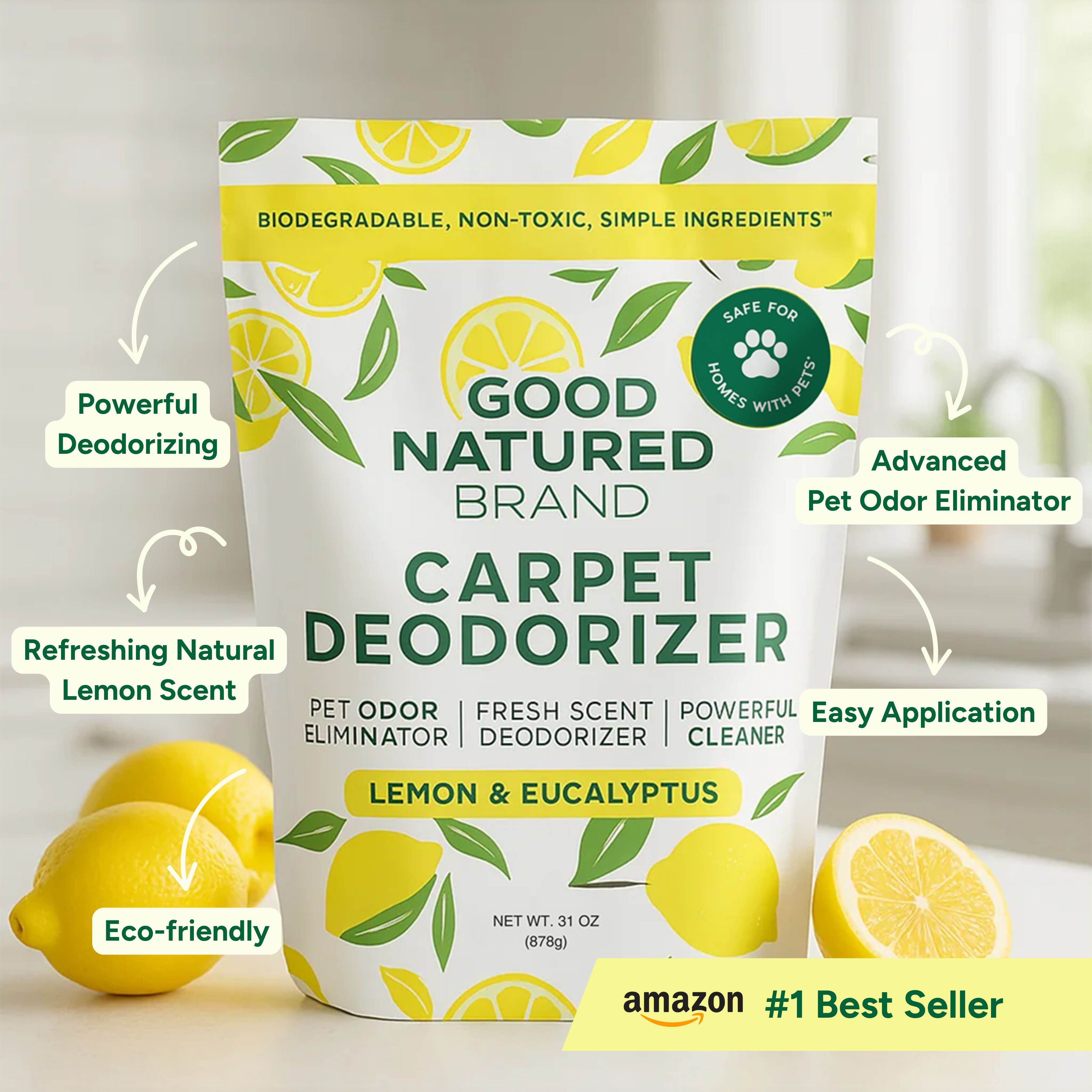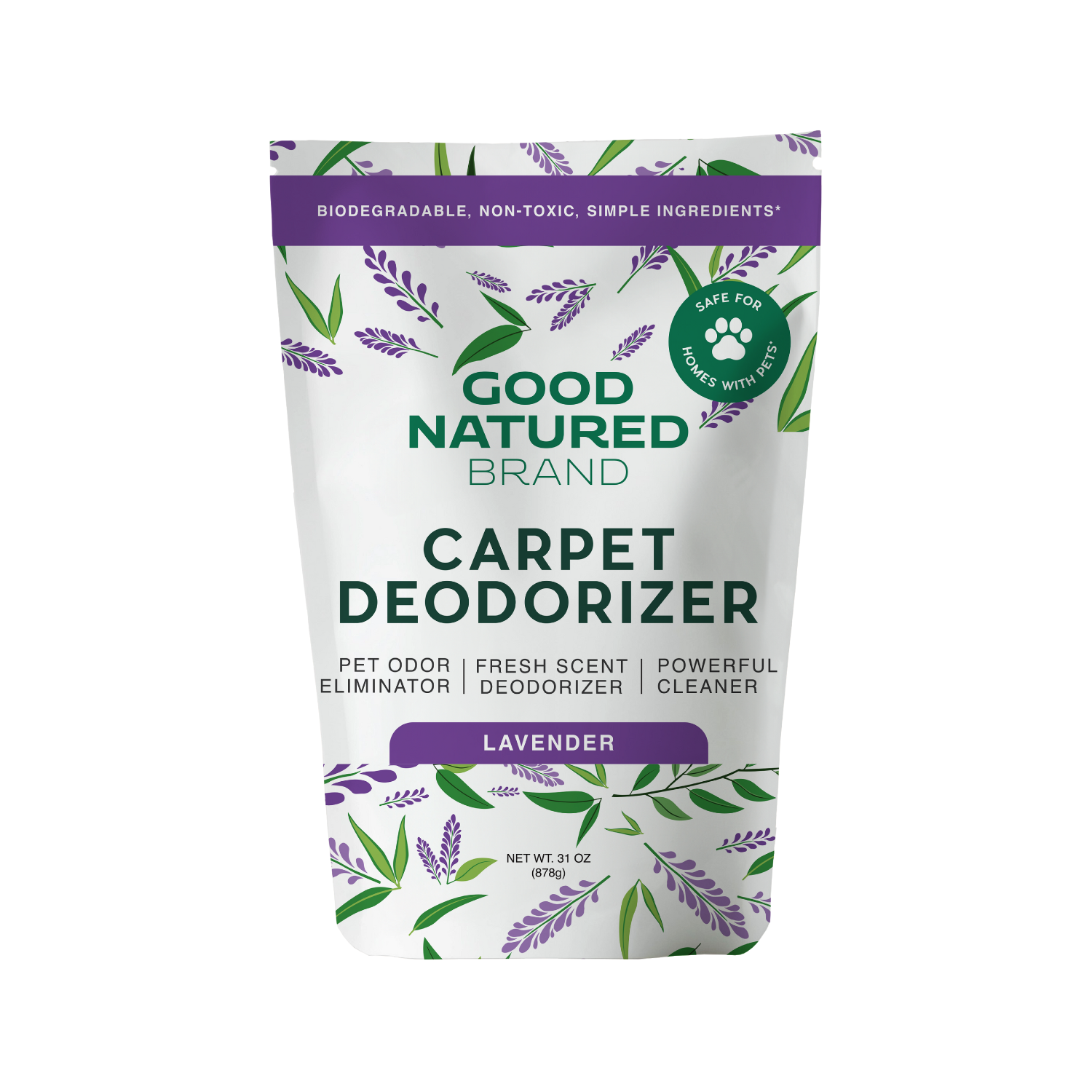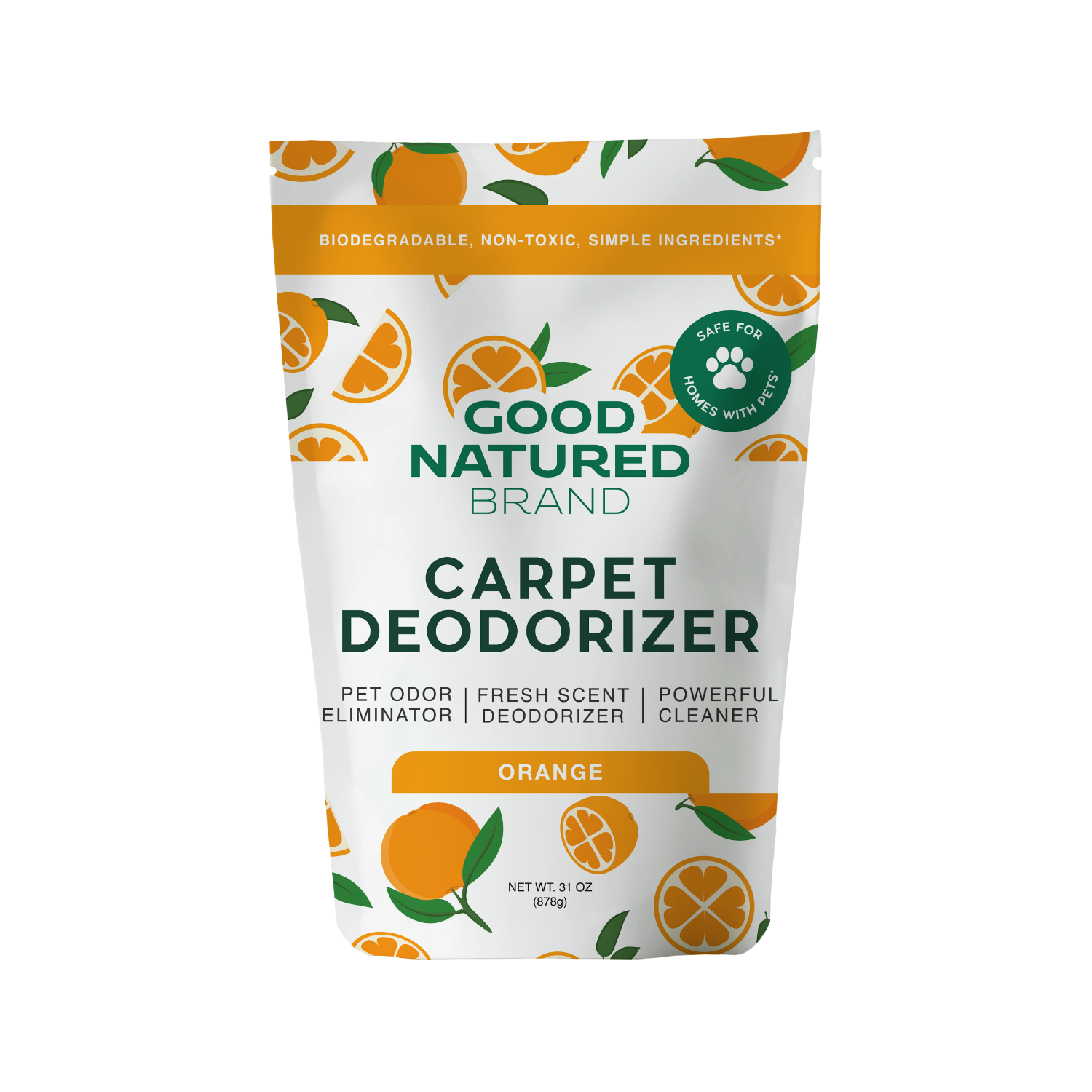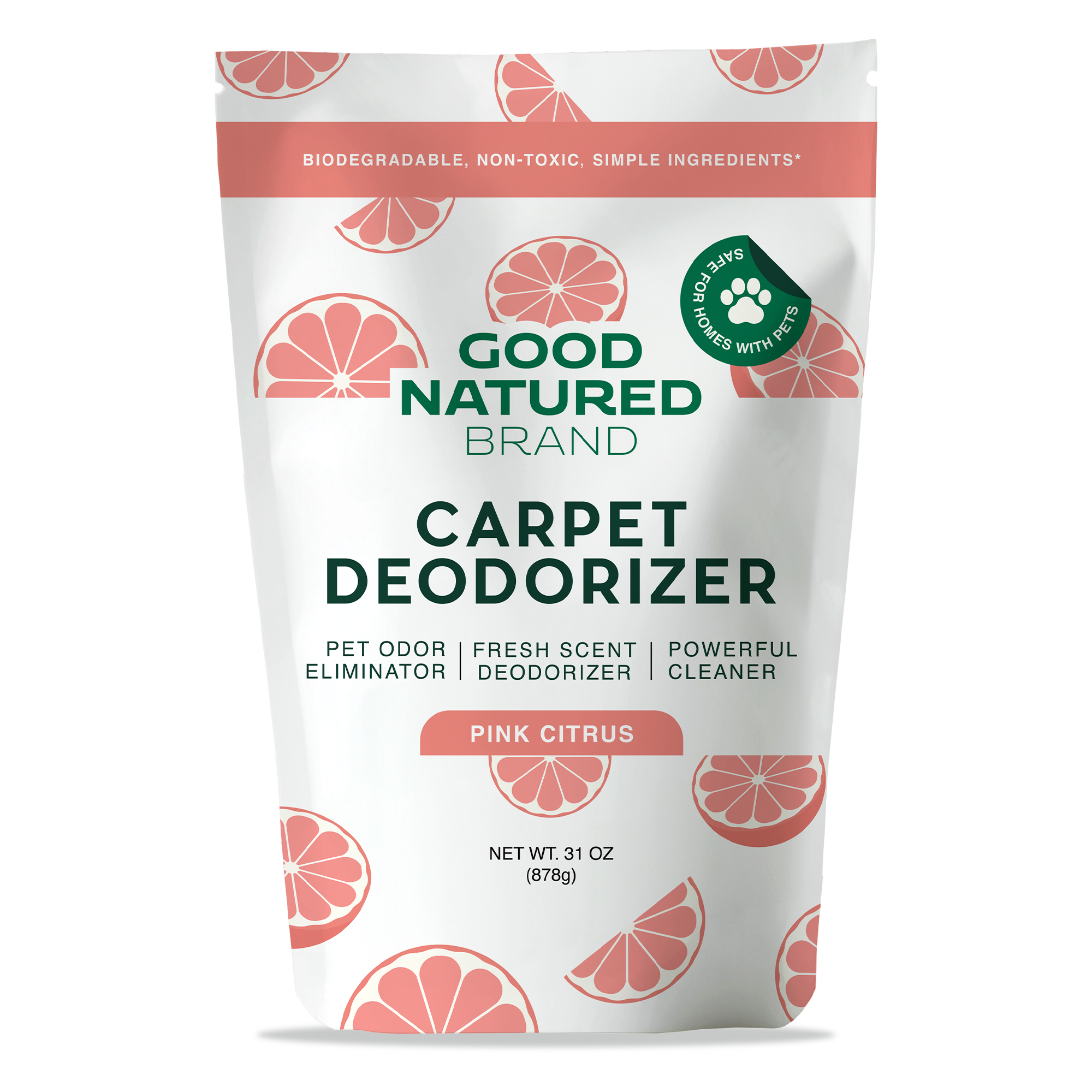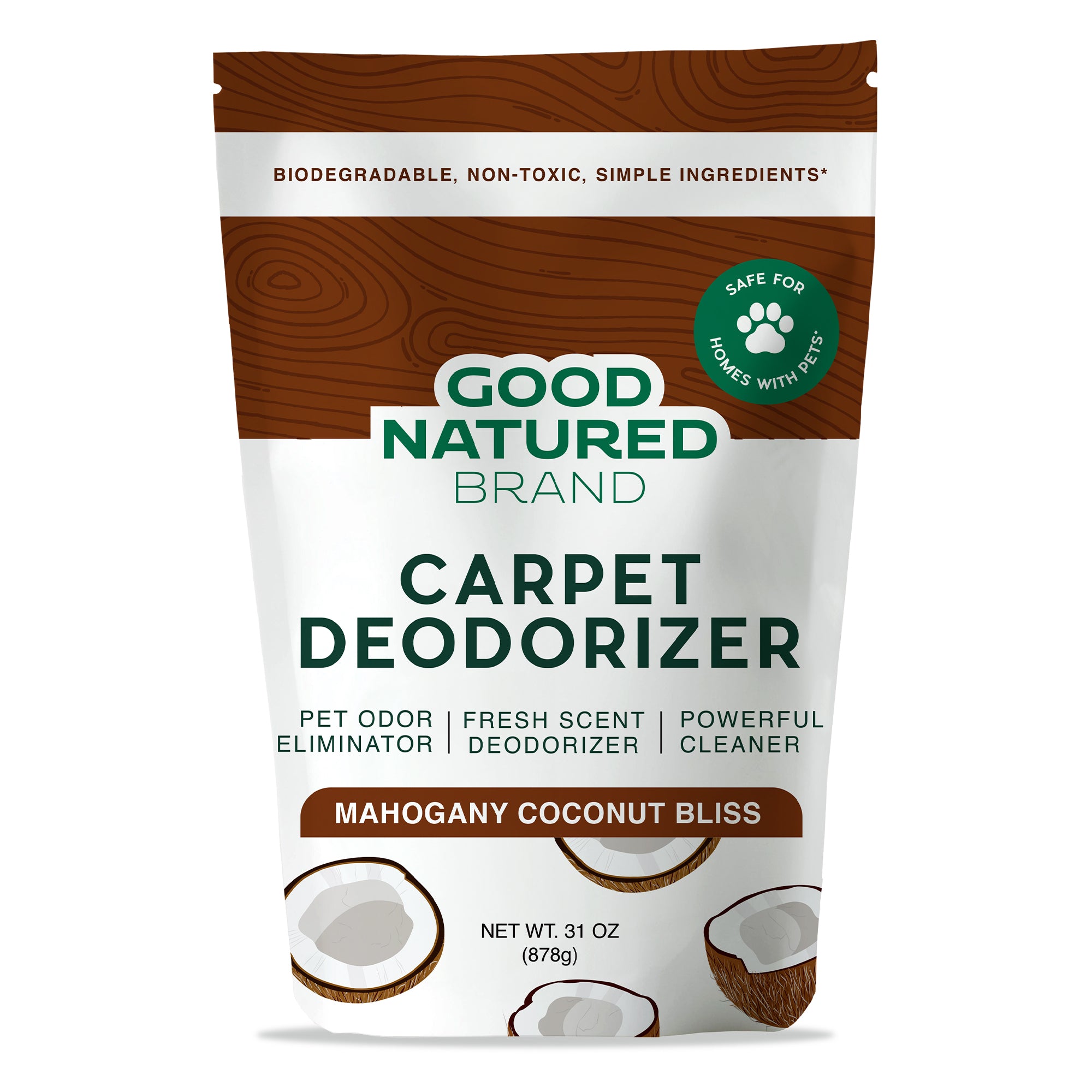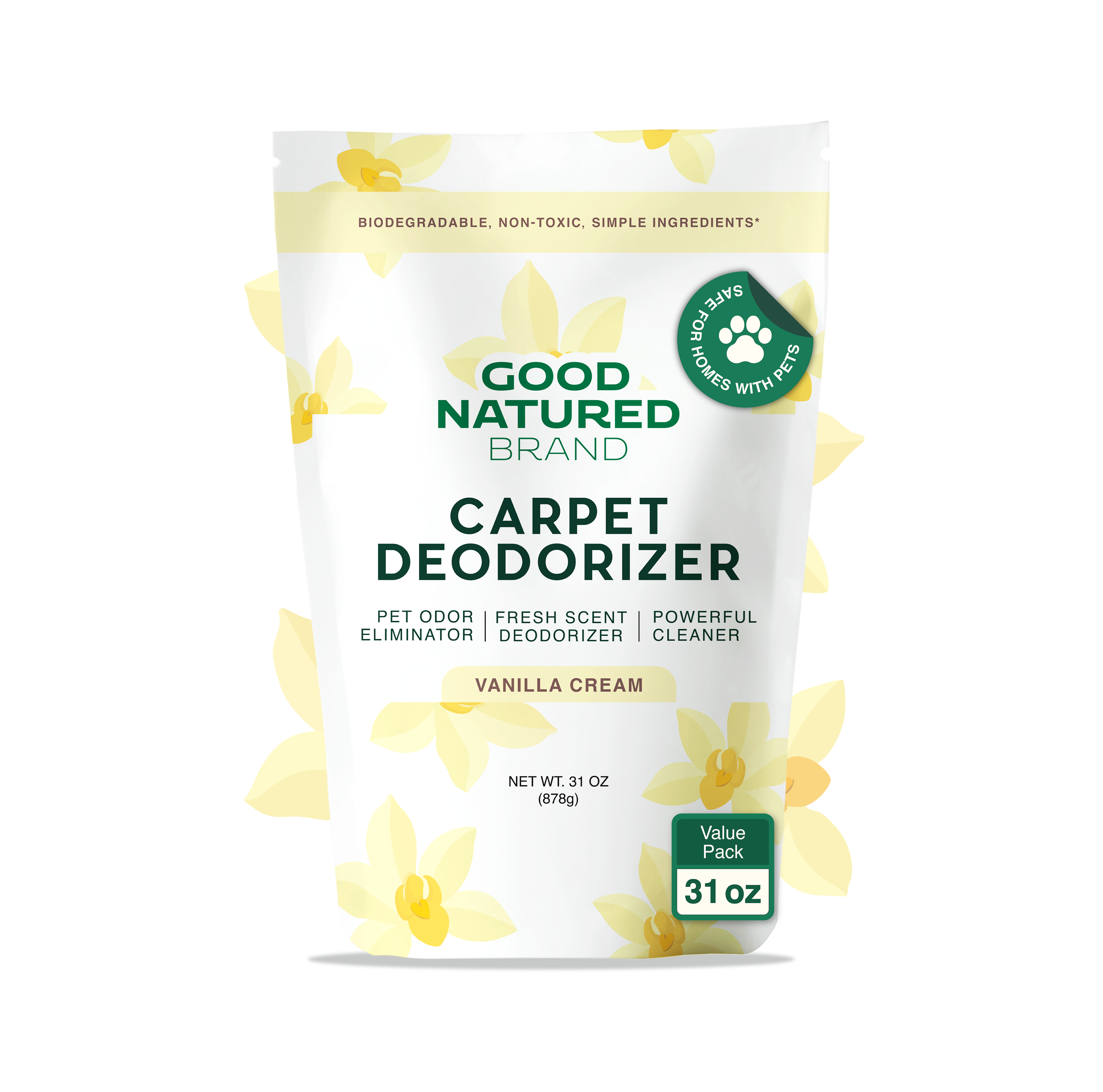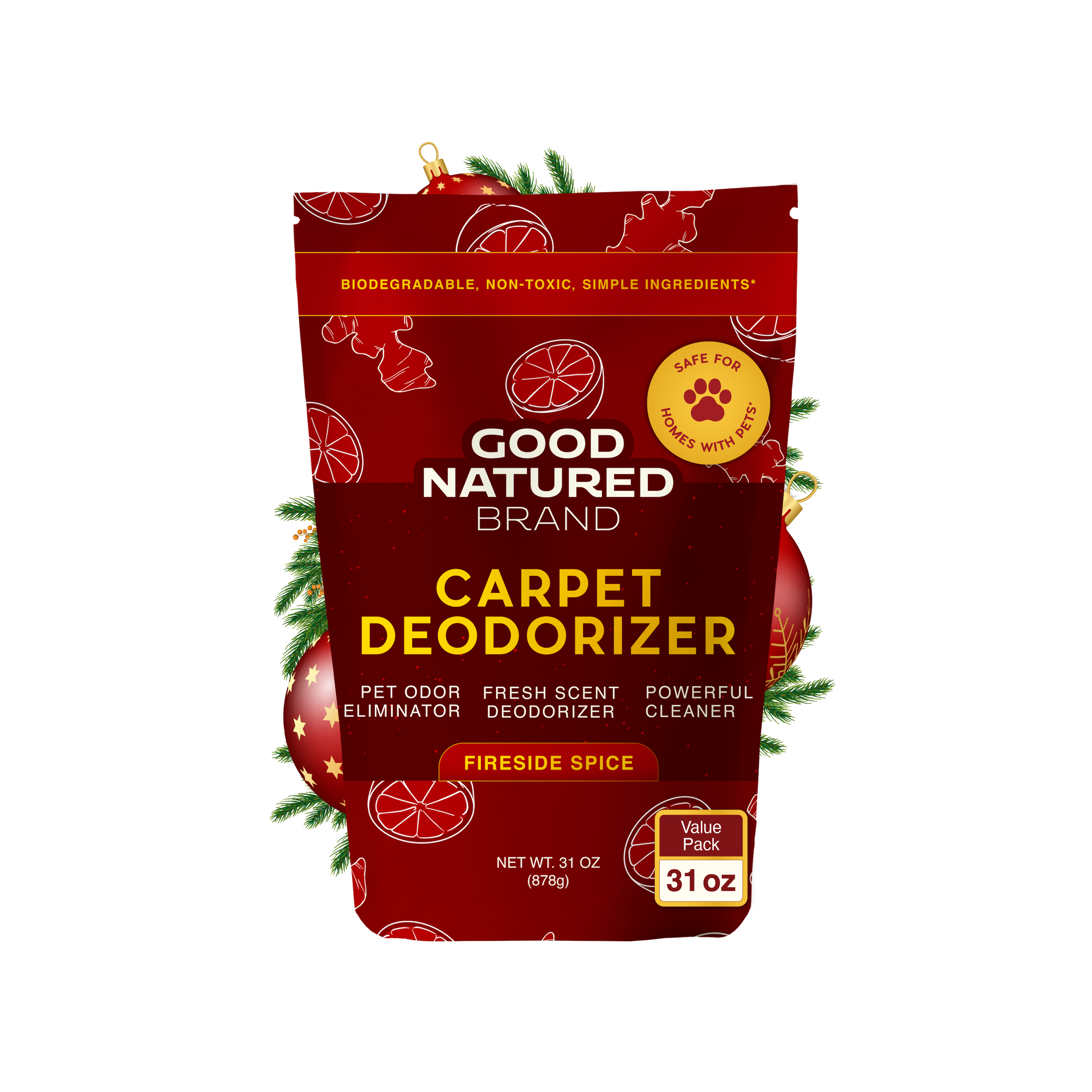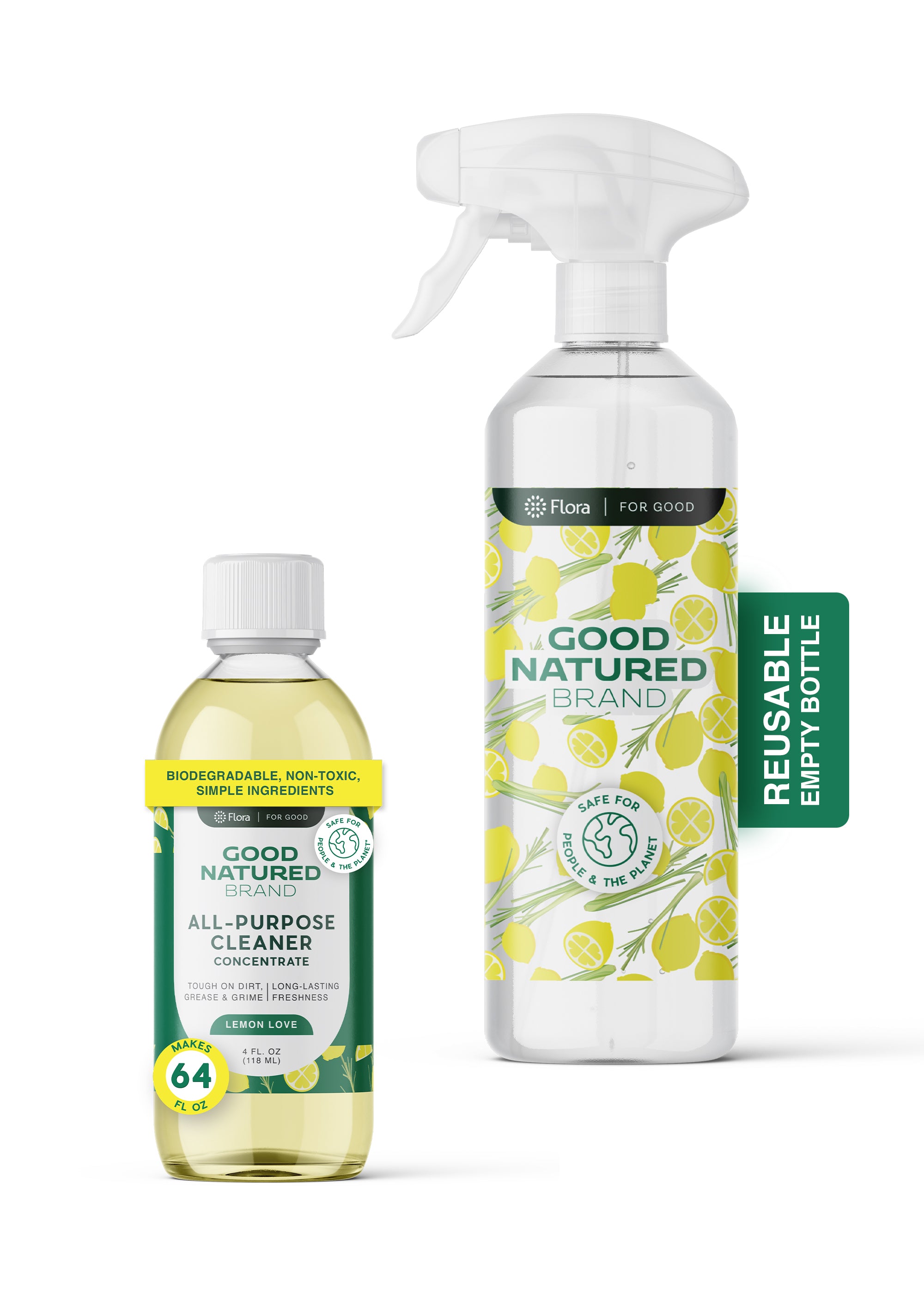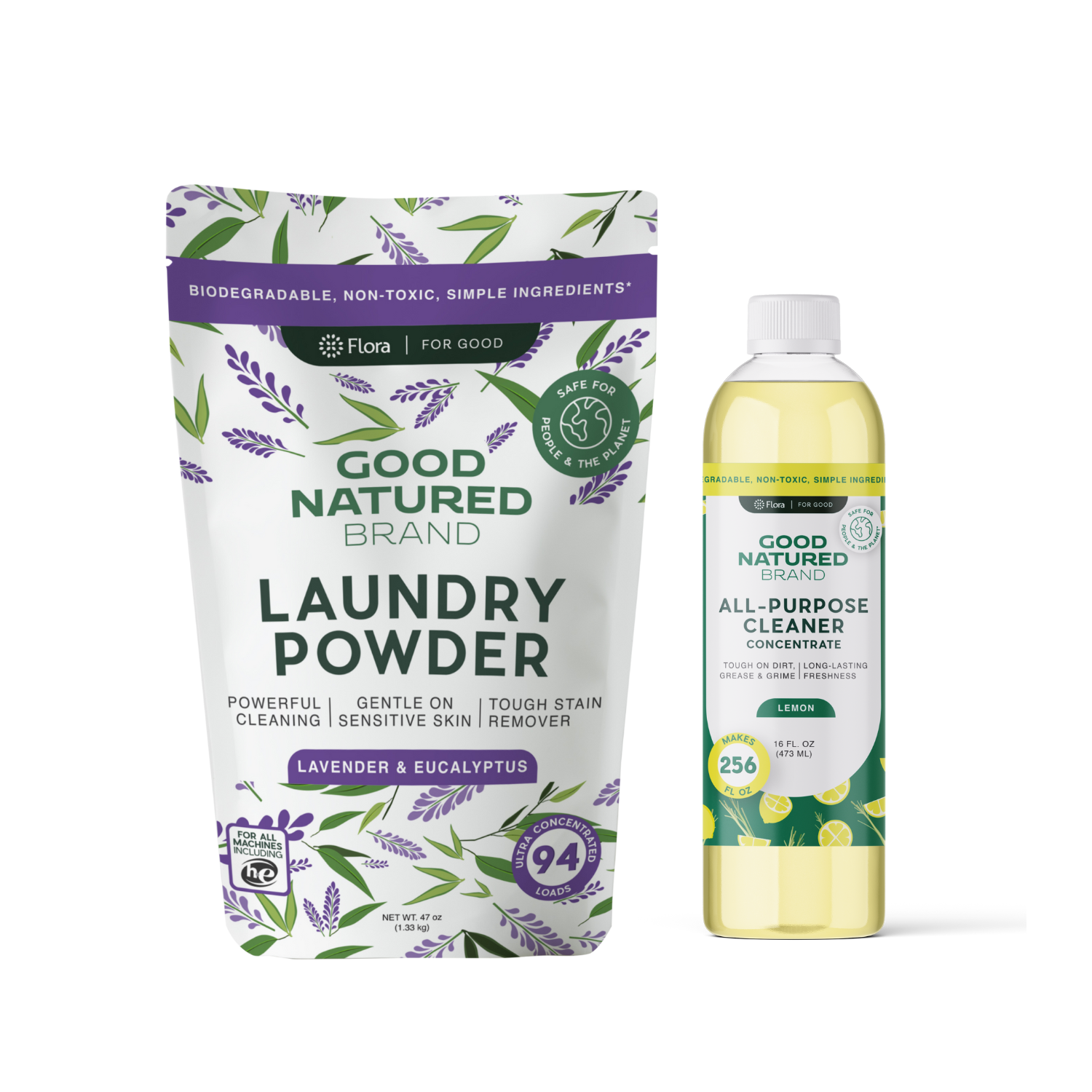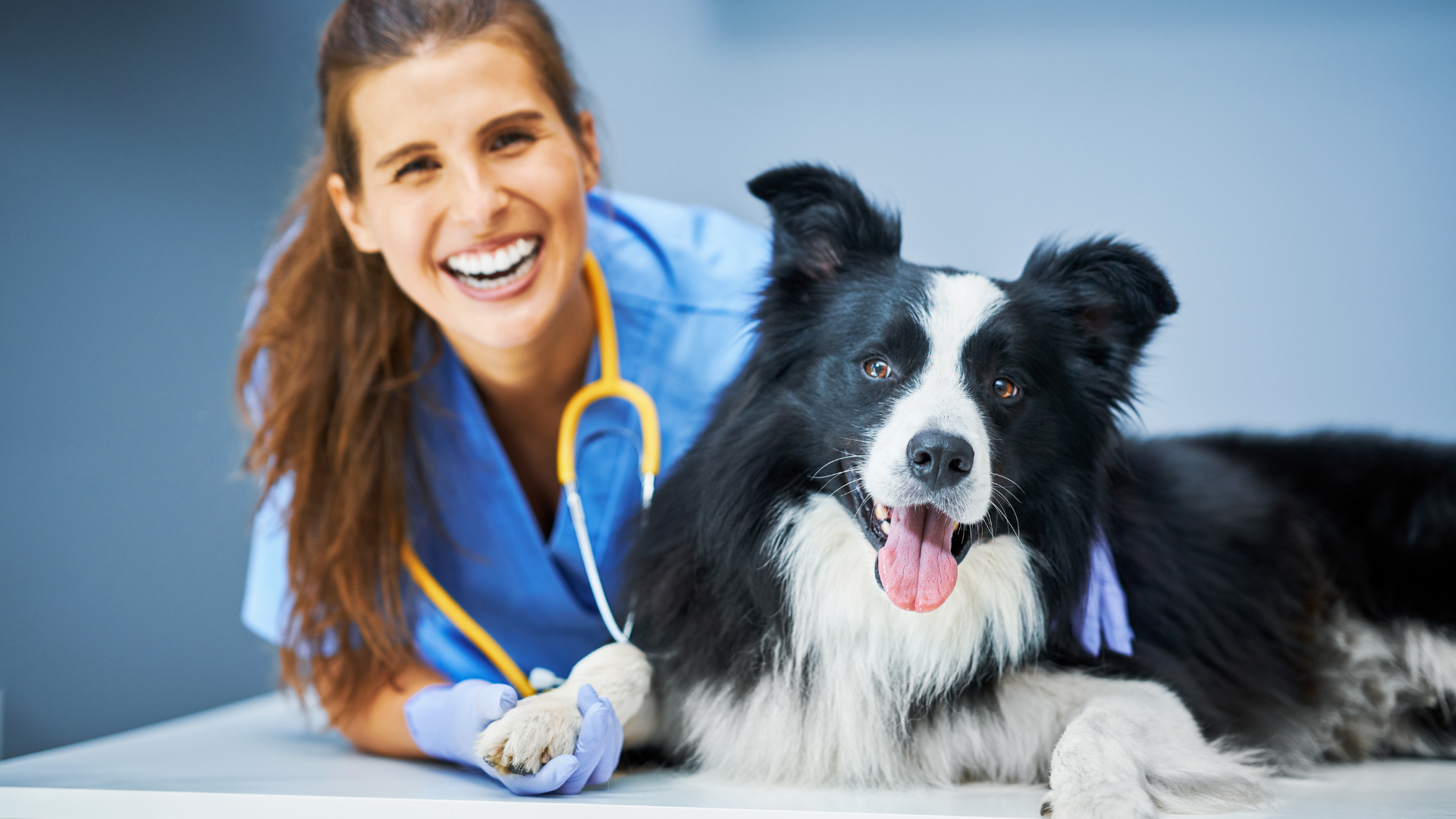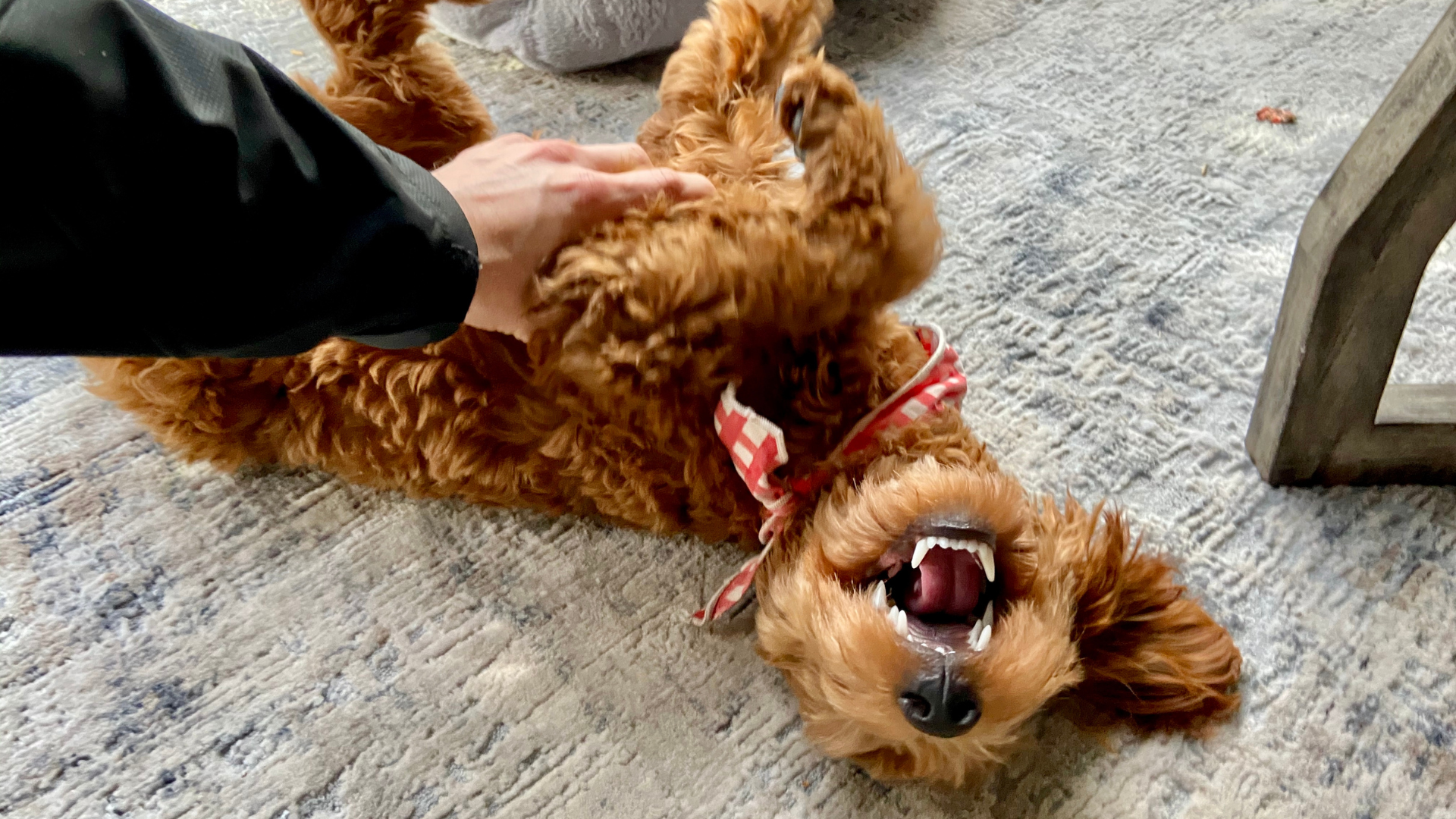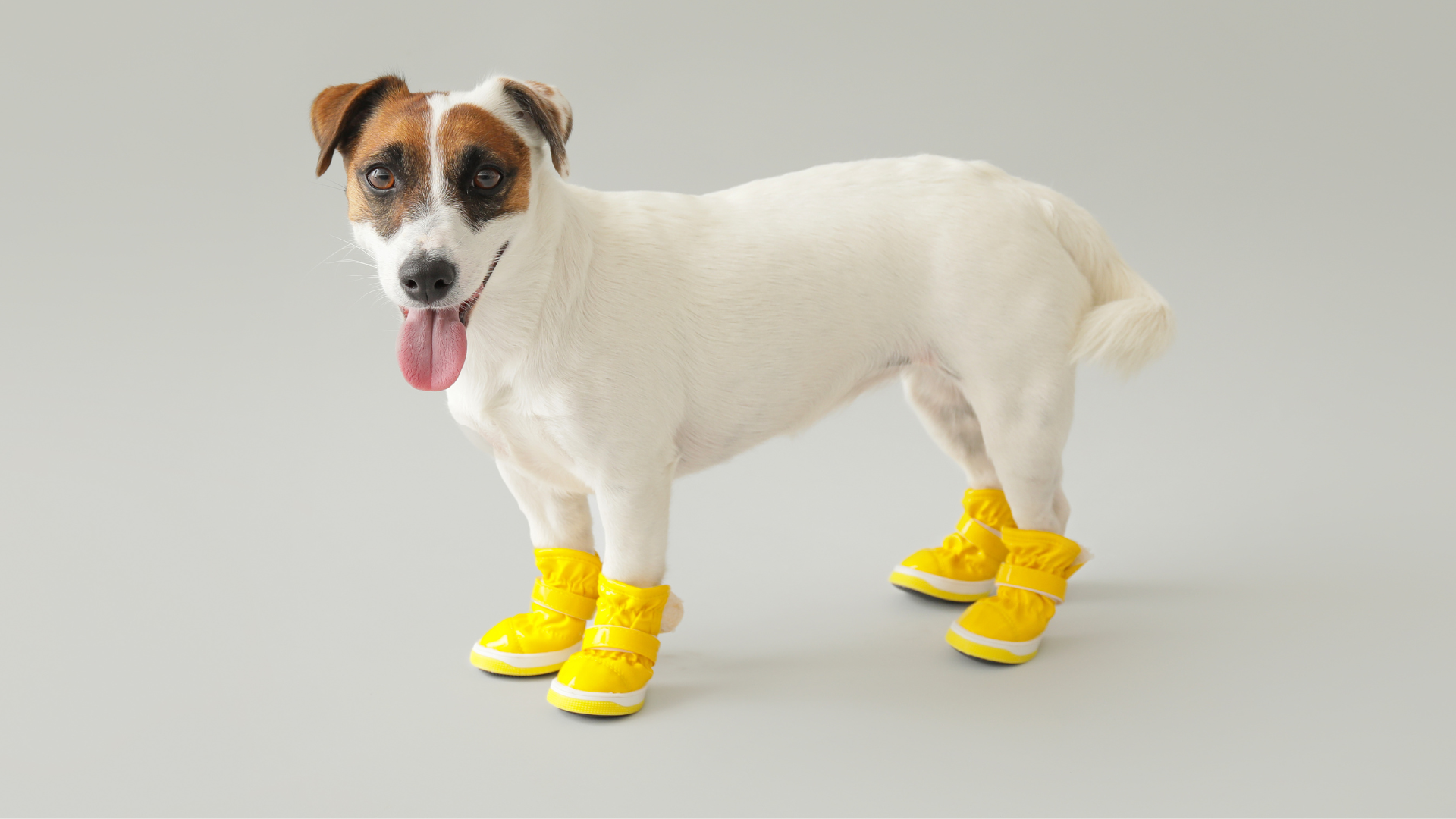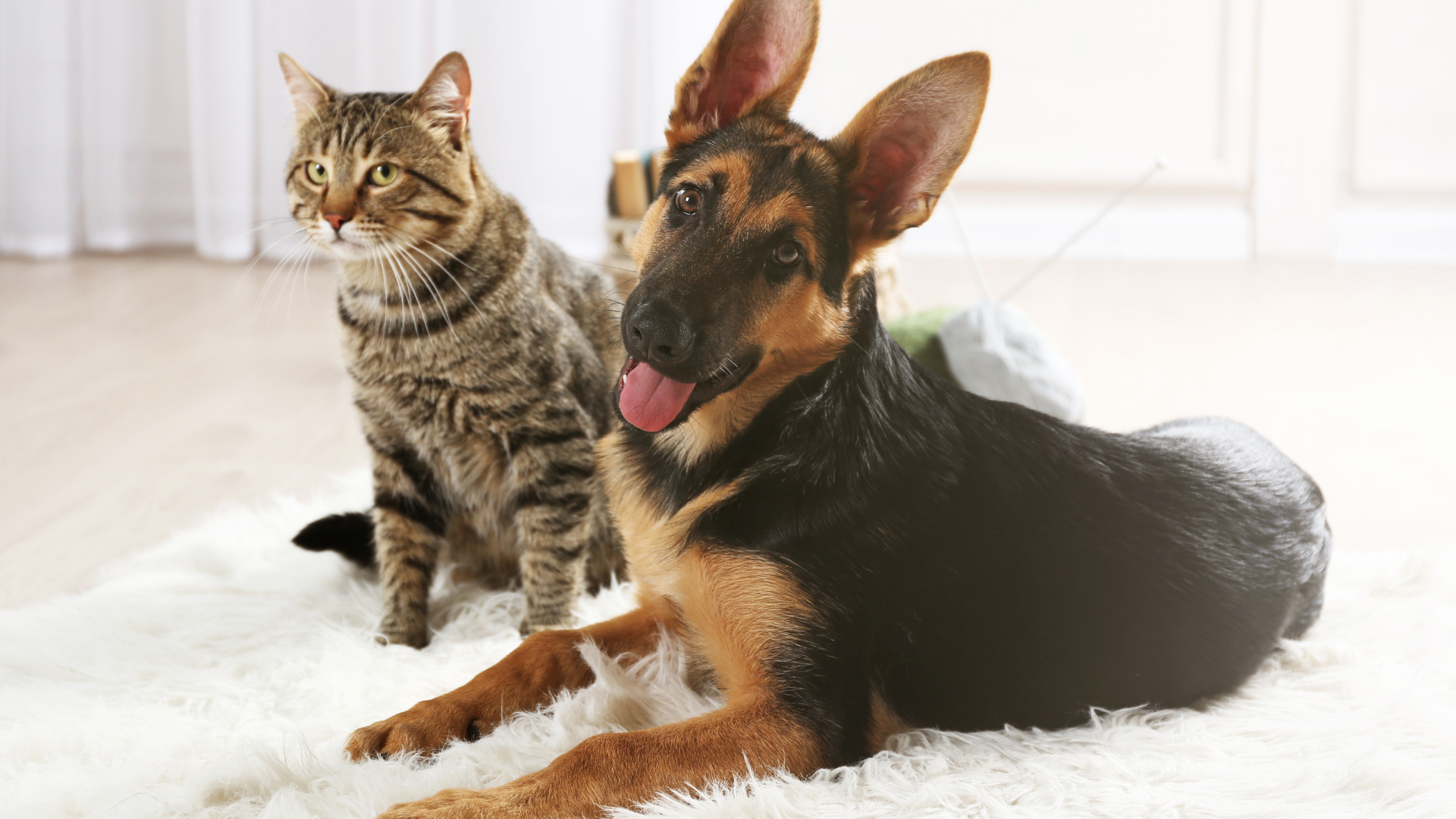If you’ve ever asked yourself, “why does my cat drool?” you’re not alone. Cat drooling can surprise even the most experienced pet parents. While some drooling is normal—like when your cat is extra relaxed or happy—other times, it may signal a health issue that requires attention.
This guide explores why cats drool, when it’s normal, and when it’s time to be concerned. By the end, you’ll know how to tell the difference and how to keep your cat healthy, comfortable, and safe.
Is Cat Drooling Normal or a Cause for Concern
Cats are naturally clean animals, which is why seeing them drool can feel alarming. But in many cases, cat drooling is completely normal.
Normal cat drooling often happens when your cat is especially relaxed—like during a long cuddle session, when they’re kneading a blanket, or while they’re purring contentedly. Think of it as a feline version of “happy tears.”
Abnormal cat drooling, however, is usually sudden, excessive, or paired with other symptoms like pawing at the mouth, bad breath, or refusal to eat. When this type of drooling appears, it’s important to investigate further.
Common Reasons Why Cats Drool
If you’re wondering “why does my cat drool?” the answer depends on context. Here are some of the most common reasons:
-
Relaxation and Happiness: Cats sometimes drool when they’re deeply relaxed or feeling affectionate. Purring and kneading are often paired with light drool.
-
Dental Health Issues: Gum disease, tooth decay, or painful abscesses often cause excess saliva. Cats with dental problems may drool more when eating.
-
Oral Injuries: Cuts, sores, or a foreign object stuck in the mouth (like a piece of string or plant matter) can lead to drooling.
-
Nausea or Stomach Upset: If your cat licks something irritating or eats something that doesn’t agree with them, drooling can occur.
-
Stress and Anxiety: Cats may drool when nervous, such as during car rides or vet visits.
-
Heatstroke or Overheating: Excessive drooling can be a sign your cat is too hot and struggling to regulate their temperature.
-
Medications: Certain prescriptions can cause drooling as a side effect.
Why Does My Cat Drool When Happy
One of the most common—and least concerning—reasons a cat drools is happiness. If your cat is kneading your lap, purring loudly, and looking blissfully relaxed, a little drool is nothing to worry about.
This type of drooling happens because endorphins (feel-good hormones) are released during pleasurable activities. These hormones can stimulate salivation. Some cats simply “dribble” when they’re happy.
As long as drooling only occurs in these joyful moments and isn’t constant, it’s perfectly normal.
Why Does My Cat Drool All of a Sudden
Sudden or unexpected drooling is more concerning. If your cat has never drooled before and suddenly starts, it’s worth paying close attention.
Potential causes include:
-
Poison ingestion: Toxic plants, chemicals, or spoiled food.
-
Oral injury: Something sharp stuck in the gums or tongue.
-
Dental emergency: Severe tooth pain or abscess.
-
Respiratory or systemic illness: Viruses or infections can trigger sudden drooling.
If sudden drooling is paired with lethargy, vomiting, or loss of appetite, call your veterinarian right away.
Why Does My Cat Drool Around Food and Treats
Some cats drool when they anticipate or eat food. A little saliva before meals can be a natural response to the smell of food, but excessive drooling often points to discomfort.
Possible explanations include:
-
Dental pain: Difficulty chewing due to sore teeth or gums.
-
Mouth ulcers or infections: Irritation that causes saliva to build up.
-
Food sensitivity: Certain textures or smells may trigger nausea.
If drooling is only happening at mealtime and your cat otherwise seems healthy, a dental checkup may be the first step.
Why Does My Cat Drool When Sleeping
Cats can sometimes drool while in a deep, relaxed sleep. This is similar to humans occasionally drooling on a pillow.
A small amount of sleep-time drool is normal, especially in a content and cozy cat. However, if your cat consistently wakes up with wet fur, blankets, or pillows, it may be a sign of dental problems or oral discomfort that worsens during rest.
Why Does My Cat Drool When Stressed
Stress-induced drooling is common in cats, especially in unfamiliar situations. You might notice your cat drooling during:
-
Car rides.
-
Vet appointments.
-
Meeting new people or animals.
-
Loud noises or sudden changes in environment.
This happens because anxiety can trigger nausea and increased saliva. While occasional stress drooling is normal, chronic stress should be addressed with environmental changes or vet advice.
Environmental Factors That Can Contribute to Cat Drooling
Sometimes, drooling is triggered not by health problems but by the environment. Strong odors, cleaning products, or irritants in the home may cause a cat to salivate excessively.
To reduce risks:
-
Use pet-safe cleaning products like All-Purpose Cleaners on counters and floors.
-
Wash your cat’s bedding and blankets with eco-friendly Laundry Powders to remove irritants and bacteria.
-
Keep living spaces fresh with Carpet Deodorizers, especially in multi-pet households where odors can build up.
These small adjustments create a healthier, safer home environment for your cat, reducing unnecessary drooling triggers.
Medical Reasons Why My Cat Drools Too Much
When cat drooling becomes frequent, excessive, or paired with other symptoms, there is often a medical explanation. Some of the most common conditions linked to excessive drooling include:
-
Dental Disease: Gum disease, gingivitis, or tooth abscesses can make cats produce extra saliva to cope with oral pain.
-
Respiratory Infections: Upper respiratory viruses can cause nasal congestion, sore throats, and oral irritation that lead to drooling.
-
Gastrointestinal Illness: Cats experiencing nausea or acid reflux may drool before vomiting.
-
Neurological Issues: Conditions affecting the nervous system can interfere with swallowing, leading to drool.
-
Kidney or Liver Disease: Both conditions can cause nausea and oral ulcers, increasing salivation.
-
Toxins or Poisoning: Ingesting toxic plants, chemicals, or human foods can cause sudden drooling.
Any persistent or unexplained drooling should be checked by a veterinarian to rule out these medical concerns.
When Should I Worry About My Cat Drooling
It can be tricky to know when drooling is harmless and when it’s a red flag. Here are some warning signs to look for:
-
Foul-smelling breath or pus-like drool.
-
Bloody or discolored saliva.
-
Drooling paired with loss of appetite, lethargy, or weight loss.
-
Constant drooling, not just during purring or petting.
-
Pawing at the mouth or difficulty eating.
If you notice any of these symptoms, it’s time to book a veterinary visit. Cats often hide pain, so drooling may be one of the first visible signs that something is wrong.
What To Do If My Cat Suddenly Starts Drooling
If your cat suddenly starts drooling, here’s how you can respond:
-
Stay calm and observe: Look at when and where the drooling happens.
-
Check their mouth: See if something is stuck or if there’s visible swelling, bleeding, or injury.
-
Look around the environment: Remove any plants, foods, or chemicals that could be toxic.
-
Provide comfort: Offer fresh water and keep your cat in a quiet space.
-
Call your veterinarian: If drooling is excessive, sudden, or accompanied by other symptoms, professional care is necessary.
At home, making sure surfaces and pet spaces are safe is critical. Wipe counters and floors with All-Purpose Cleaners to remove irritants, refresh lounging areas with Carpet Deodorizers, and wash fabrics exposed to saliva with Laundry Powders to maintain a clean, healthy environment.
How to Keep My Cat Comfortable If They Drool Frequently
If your cat drools more often than average, comfort and cleanliness become especially important. Drool can leave fur damp, bedding messy, and carpets smelly if not managed properly.
To keep your home and your cat comfortable:
-
Regularly wash your cat’s bedding and blankets with eco-friendly Laundry Powders.
-
Use Carpet Deodorizers to freshen areas where your cat lounges or naps.
-
Clean up drool spots quickly with All-Purpose Cleaners to prevent odors and bacterial growth.
-
Keep your cat well-groomed, gently wiping away dried saliva around the mouth and chin.
These steps create a soothing environment and help reduce stress for both you and your cat.
How Vets Diagnose and Treat Cat Drooling
Veterinarians use several methods to diagnose the cause of excessive drooling:
-
Oral exams to check teeth, gums, and tongue.
-
Blood tests to identify systemic illnesses like kidney or liver disease.
-
Imaging such as X-rays or ultrasounds to investigate internal issues.
-
Culture tests if an infection is suspected.
Treatment depends on the cause:
-
Dental cleanings or tooth extractions for oral disease.
-
Antibiotics or antivirals for infections.
-
Anti-nausea medications for gastrointestinal problems.
-
Supportive care for chronic conditions.
Early detection can prevent small issues from becoming larger, more painful problems.
Home Care and Prevention Tips for Cat Drooling
While some drooling is inevitable, you can take steps to reduce risks and keep your cat healthier overall:
-
Brush your cat’s teeth regularly or use vet-approved dental chews.
-
Schedule annual veterinary checkups to catch early signs of disease.
-
Keep harmful plants and foods out of reach.
-
Use pet-safe cleaning products like All-Purpose Cleaners to reduce environmental irritants.
-
Wash linens and fabrics with Laundry Powders to remove drool and bacteria.
-
Refresh household areas with Carpet Deodorizers to maintain cleanliness.
Prevention is all about consistency—clean spaces, routine vet care, and attention to your cat’s behavior.
FAQs About Why My Cat Drools
Why does my cat drool when purring?
Because they’re content. Endorphins released during relaxation can trigger drool.
Why does my cat drool excessively when stressed?
Anxiety can cause nausea, leading to excess salivation during stressful events.
Why does my cat drool after eating grass?
Grass can irritate the stomach, sometimes causing drool before vomiting.
Why does my cat drool with bad breath?
This often signals dental disease or infection in the mouth.
Is it normal for kittens to drool?
Yes, light drooling in kittens is often normal, especially during cuddling or teething.
Final Thoughts Why Does My Cat Drool
So, why does my cat drool? Sometimes it’s simply a sign of happiness and relaxation, but other times it’s a warning of an underlying health issue. Understanding when drooling is normal—and when it’s not—helps you provide better care for your feline friend.
By keeping your home safe and clean with eco-friendly solutions like Carpet Deodorizers, Laundry Powders, and All-Purpose Cleaners, you can create a comfortable space that supports your cat’s well-being.
For more helpful guides on pet health and home care, explore the Good Natured Brand Blog or visit the Good Natured Brand website to discover eco-friendly solutions that work for both pets and people.
